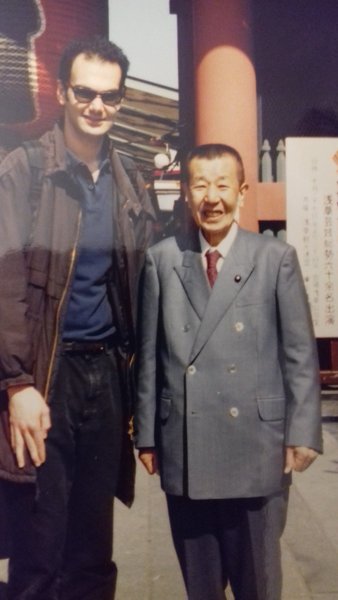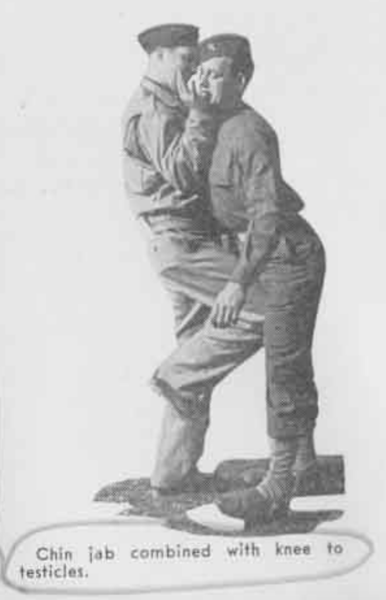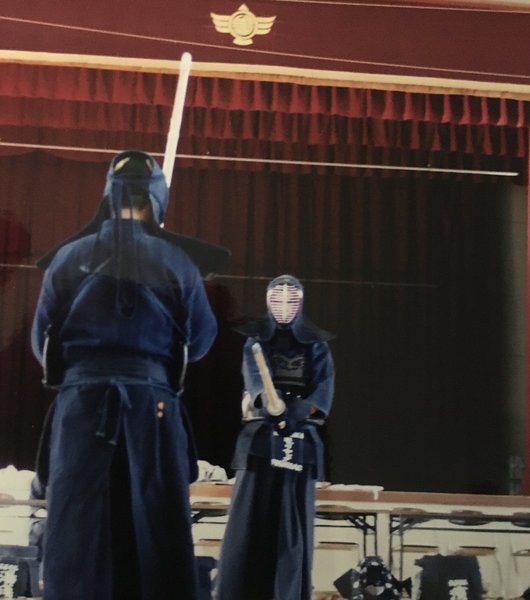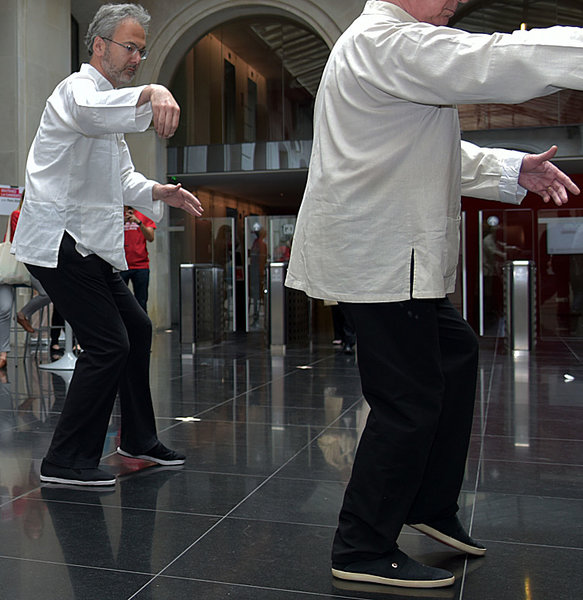- Joined
- Mar 8, 2002
- Messages
- 57,582
- Reaction score
- 36,432
But will your daughters really face those kind of conditions in the future? A friend who had just returned from one of the "unofficial" African theatres was waiting for me downstairs my building, and as I approached from the (glass) door, I watched as, waiting, he was continuously scanning the car park, probably out of habit. In Singapore, where the worst thing that can happen to you is a mosquito bite, and even that is being taken care of by the government. Peace of mind is nice too...
I honestly have no idea, but my personal experience is that the world is not always a safe place, and that if you don't know how to carry yourself, that you can inadvertently become a victim. I do think that physical confidence rooted in a strong understanding of both one's abilities and limitations through having been rigorously tested brings a peace of mind that can't be bought any other way.
I think that this extends to other aspects of life as well. I encourage people to climb mountains, run marathons, get doctorates from places considered the best in the world, start businesses, whatever it is that a person thinks"well, I could do that if I tried" but have a dozen excuses as to why they haven't tried. If you've done it, and even if you haven't been spectacularly successful in the endeavor - which accounts for pretty much all of us - all uncertainty is removed, and no one can take that from you.
The people who walk around with the biggest chips on their shoulder, especially irl, are those who are often plagued with crippling self-doubt.
















